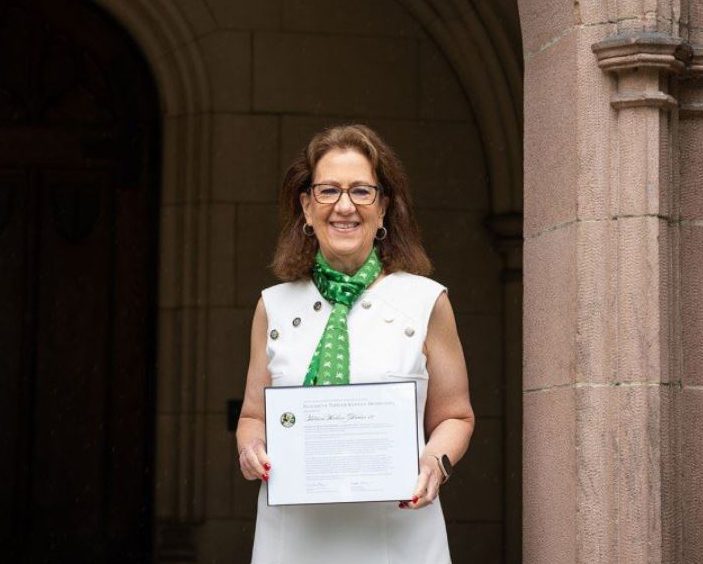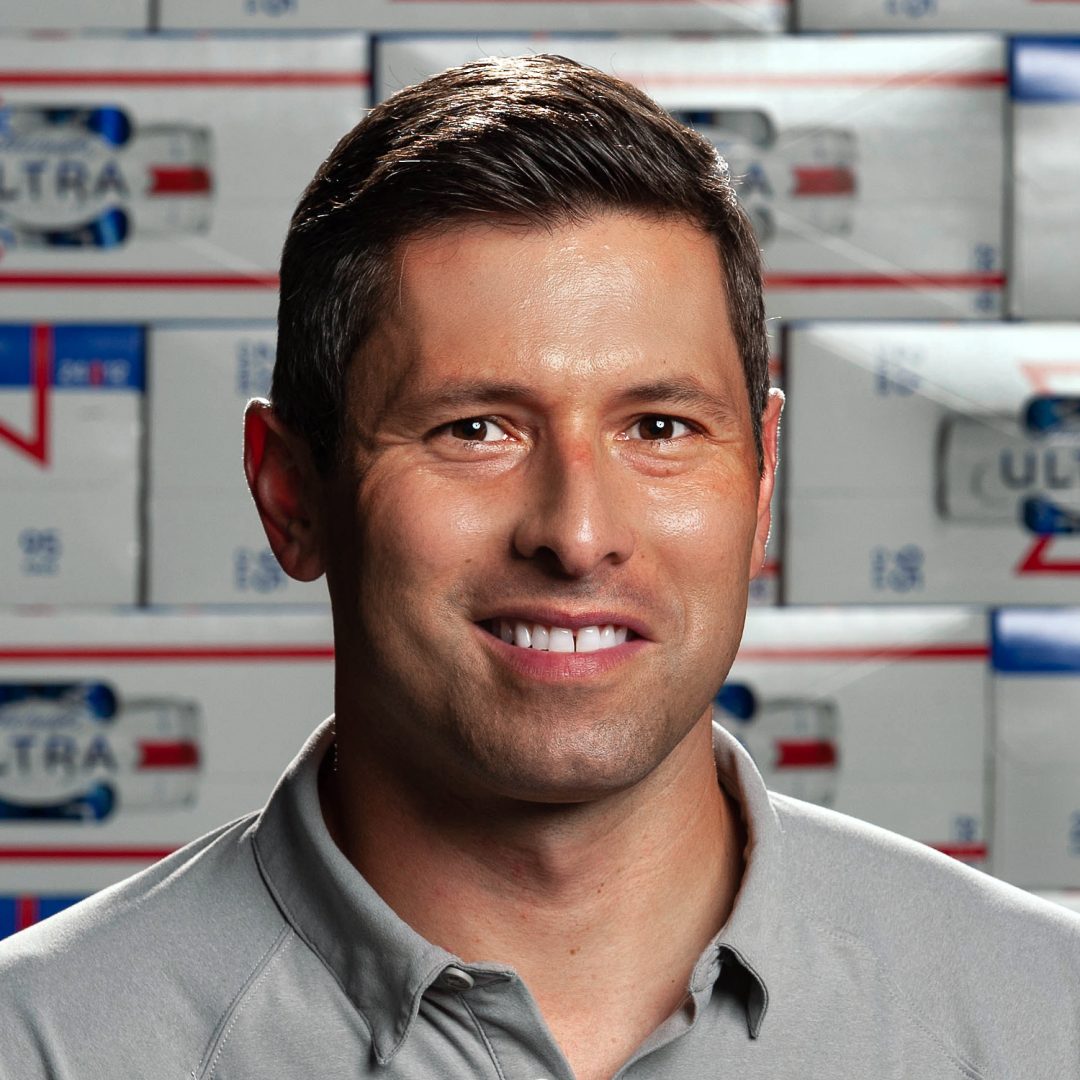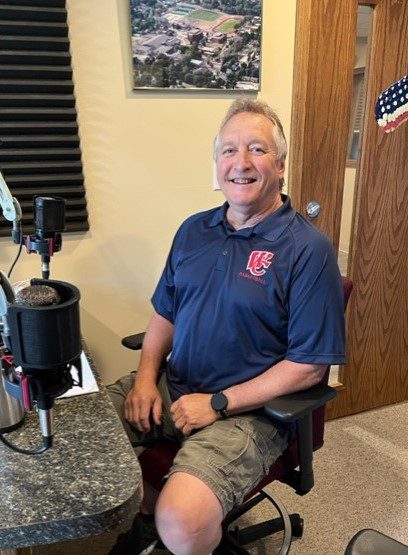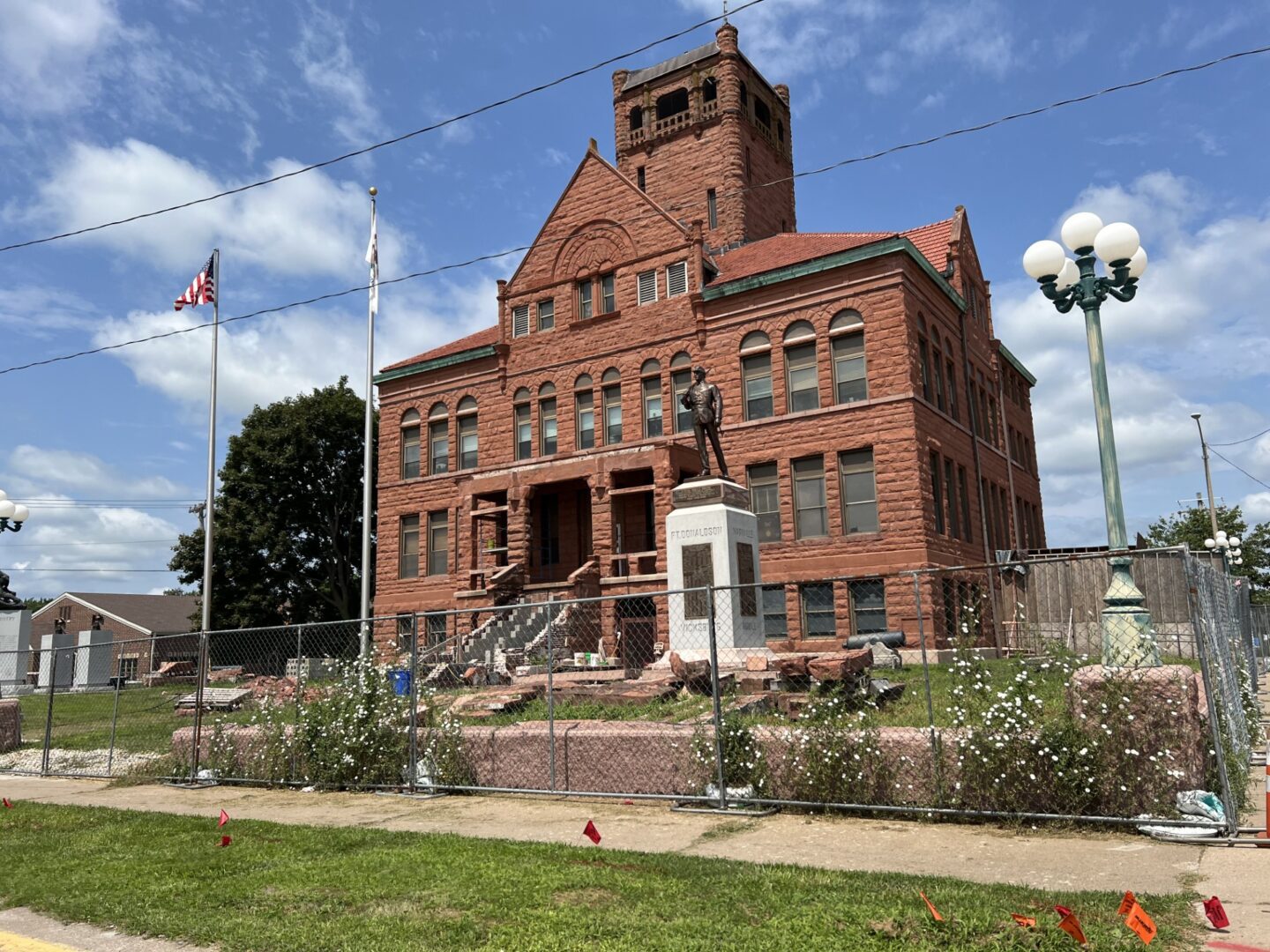By Thomas Best
How do you define “bravery?” I would usually describe this term as “courage in the face of danger.” But is “danger” a sufficiently qualifying term when facing something horrific, even “evil?” This was the intellectual challenge I faced as I read Jonathan Freedland’s story of a Jewish young man who later became known as Rudolf or “Rudi” Vrba. The book is entitled: “The Escape Artist.” First, named Walter Rosenberg, he along with Fred Wetzler, become just two of the few prisoners who ever managed to escape from the Nazi death camp we all have heard of—Auschwitz.
In Freedland’s 2022 historical narrative of these men’s early lives, their time under Nazi imprisonment, eventual freedom, and post-war lives, I was struck by the incredible story of a young man on the eve of growing beyond his teenage years in the midst of a terrible World War. But what makes Rosenberg/Vrba’s tale all the more astounding is that he not only escaped, but that he was immensely determined to tell his story to the allies whom he wanted to stop what was happening to Jews with the Holocaust or the Nazi’s “Final Solution.” And, as might guess, he achieved this goal; however, it was not without challenges of its own related to his safety and the murder.
It would take much longer than I have here to relate Rosenberg/Vrba’s entire tale; consequently, I will more narrowly focus on the theme of “bravery in the face of evil.” A Slovak by birth, he braved the initial challenges to his imprisonment by attempting to flee to Hungary. Captured, despite his best efforts, he was tortured and imprisoned in Auschwitz. But from the outset, he was not content to be another brutal statistic. He accepted jobs which tied him to the worst back-breaking and mind-numbing forms of exhaustion. From digging in gravel pits to carrying luggage off the trains and platforms, he accepted these hardships because he wanted to use his intelligence and craftiness to his benefit. He carefully watched for areas not as heavily patrolled. He sought out hiding places, where he could elude the guards. He kept track of the trains bringing Jews to their death. How many were arriving? Where did they come from? What must he remember, during his last role as a registrar of new prisoners, to report to the allies once he made a successful escape?
His ultimate plan and means of escape, I will not give away should you wish to experience this captivating story. However, let me state that his keen mind provided him with an advantage over his Nazi guards, who were anything but tied to schedules. His escape across the guarded borders and finding help among those brave individuals in resistance movements is equally incredible. Yet, his final saga of how he was taxed to convince the allies believe his intricate details of torture and murder is equally illuminating. Rudolf, once Walter, could never turn his conscience and memory away from the evil he knew first hand. “The Escape Artist” is a unique and compelling narrative in the genre of Holocaust testimonials.













